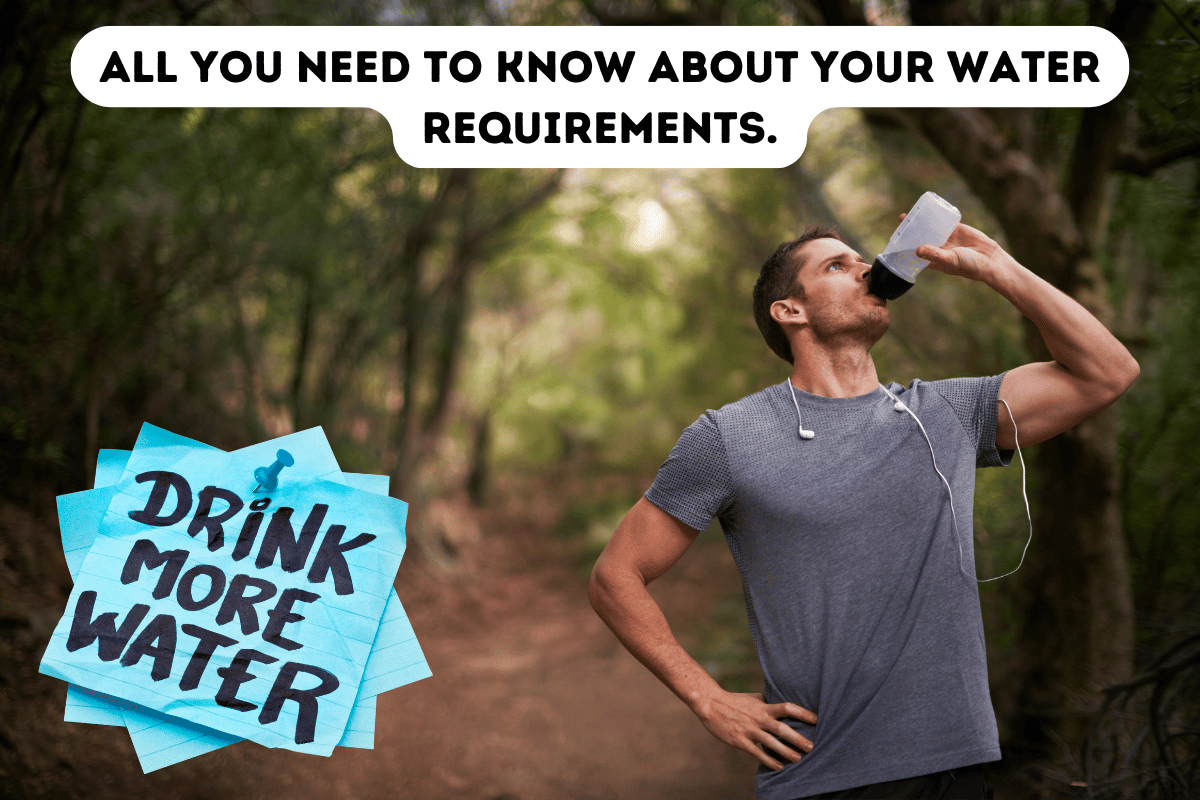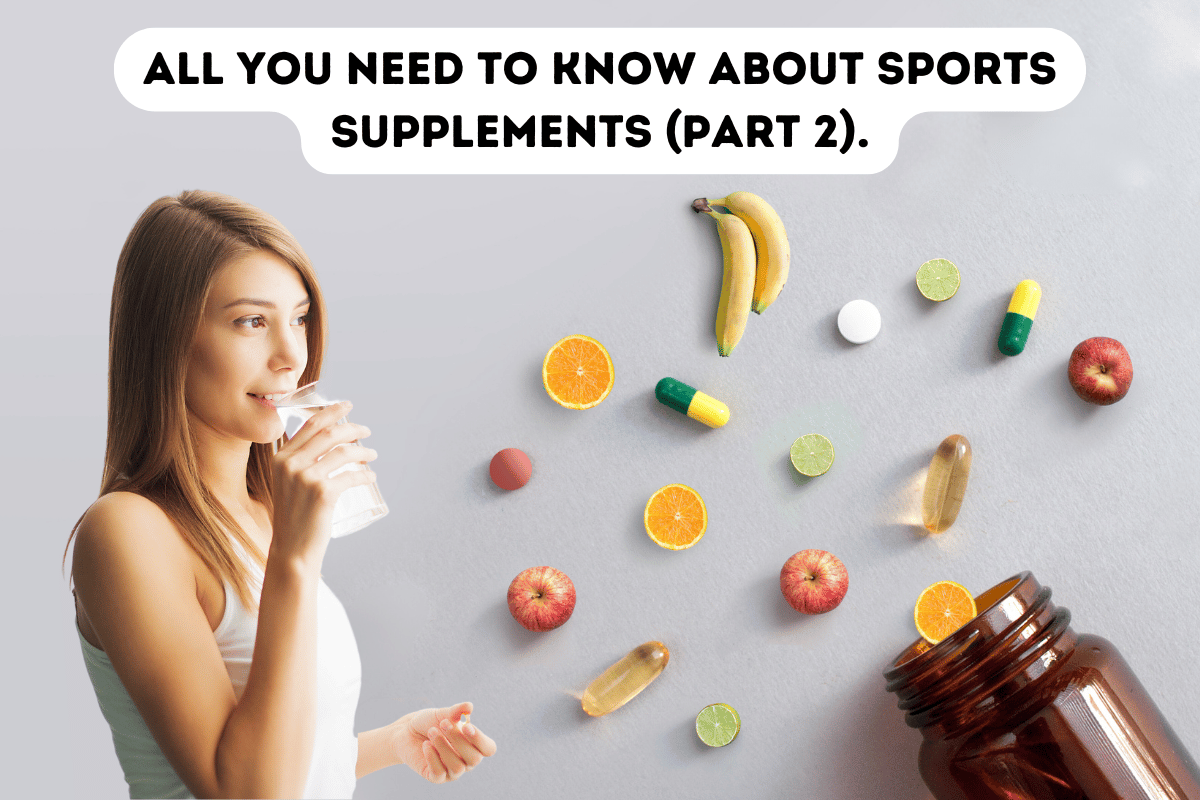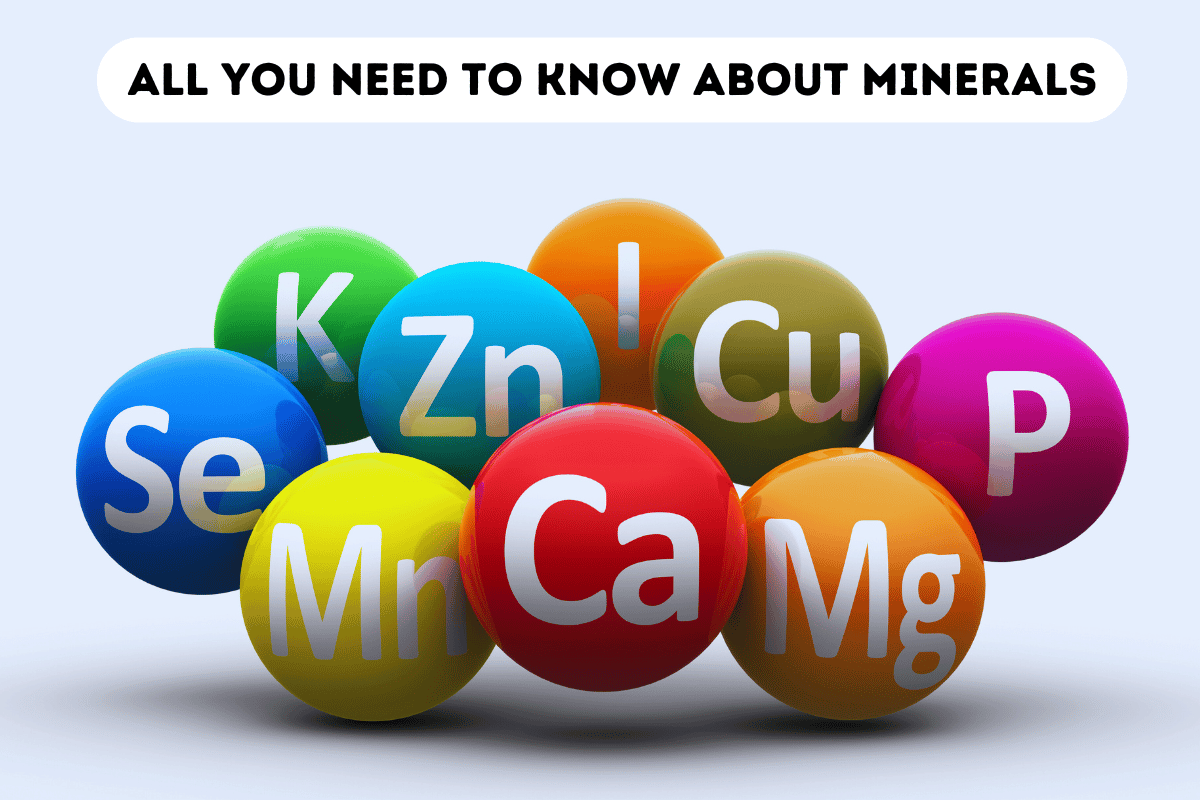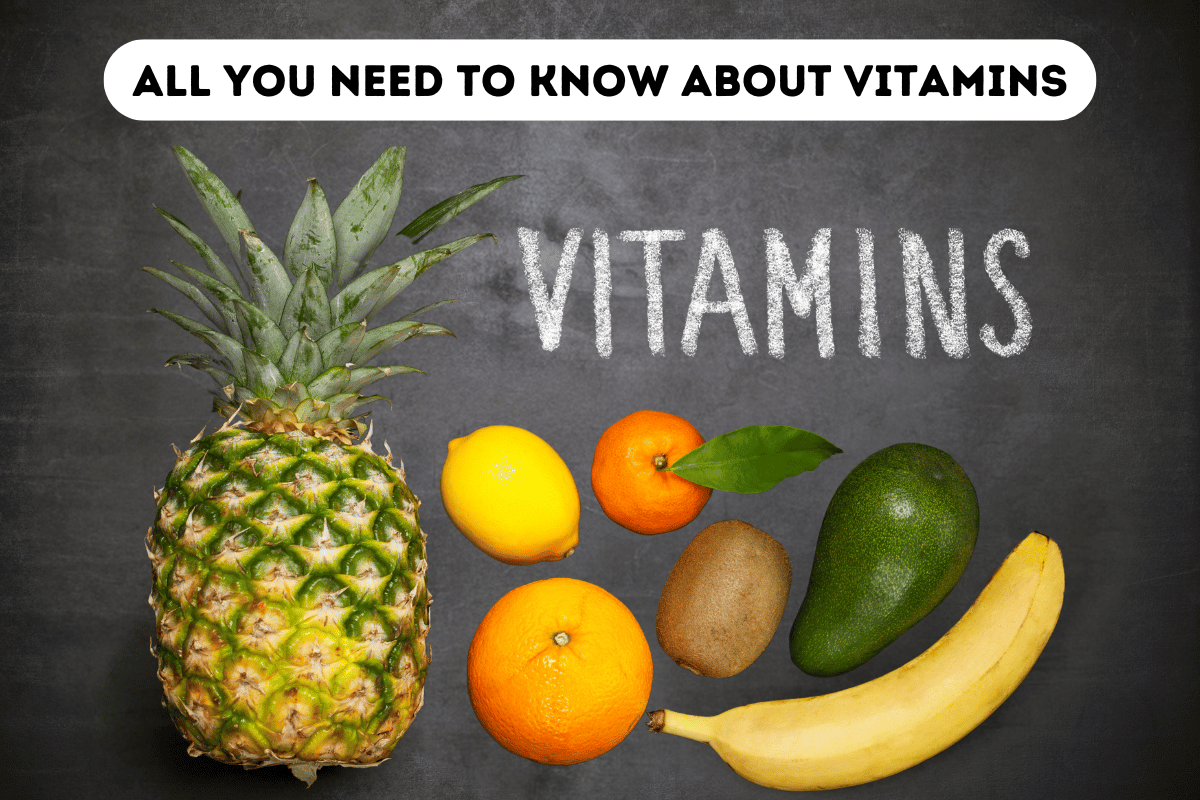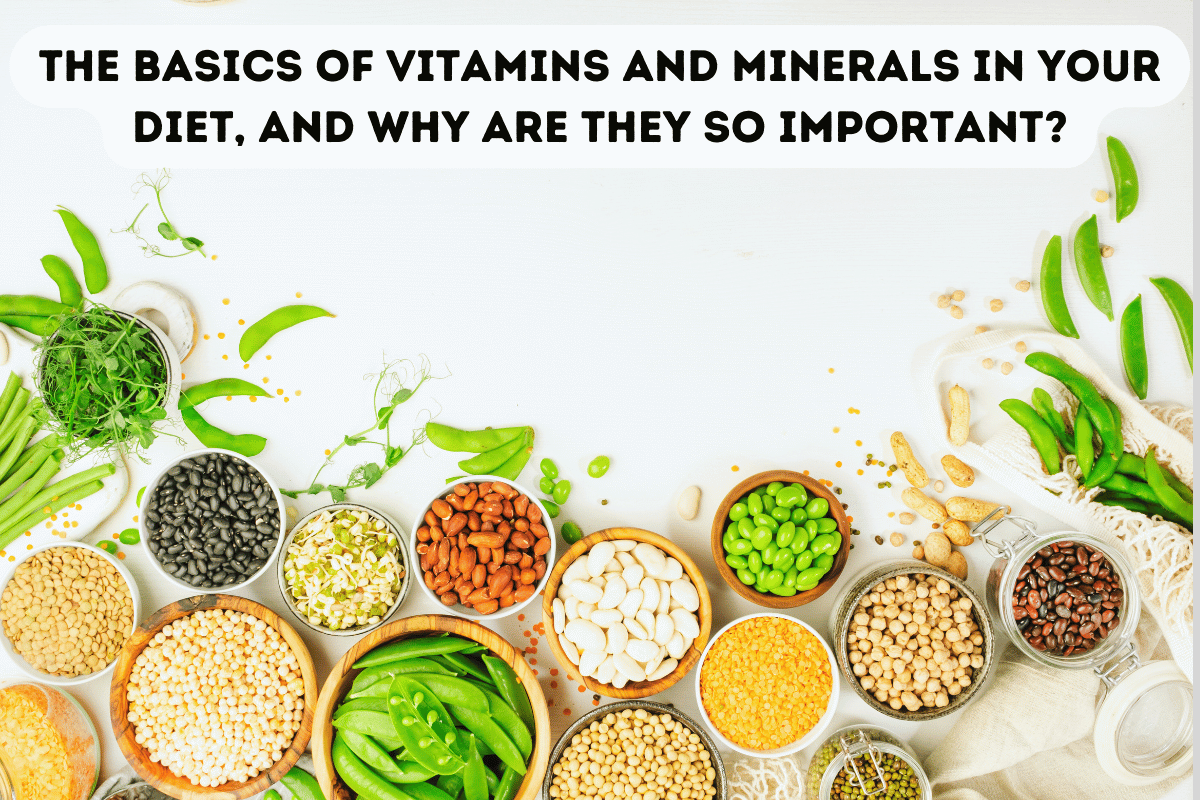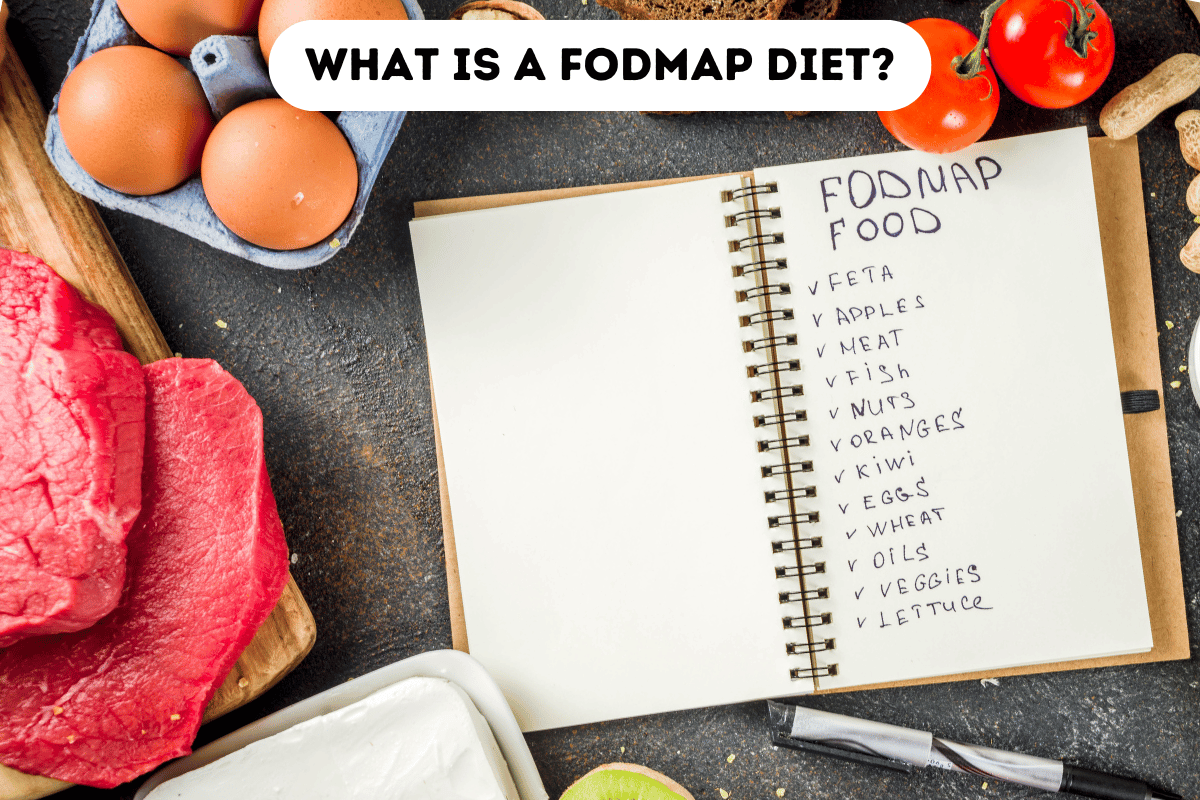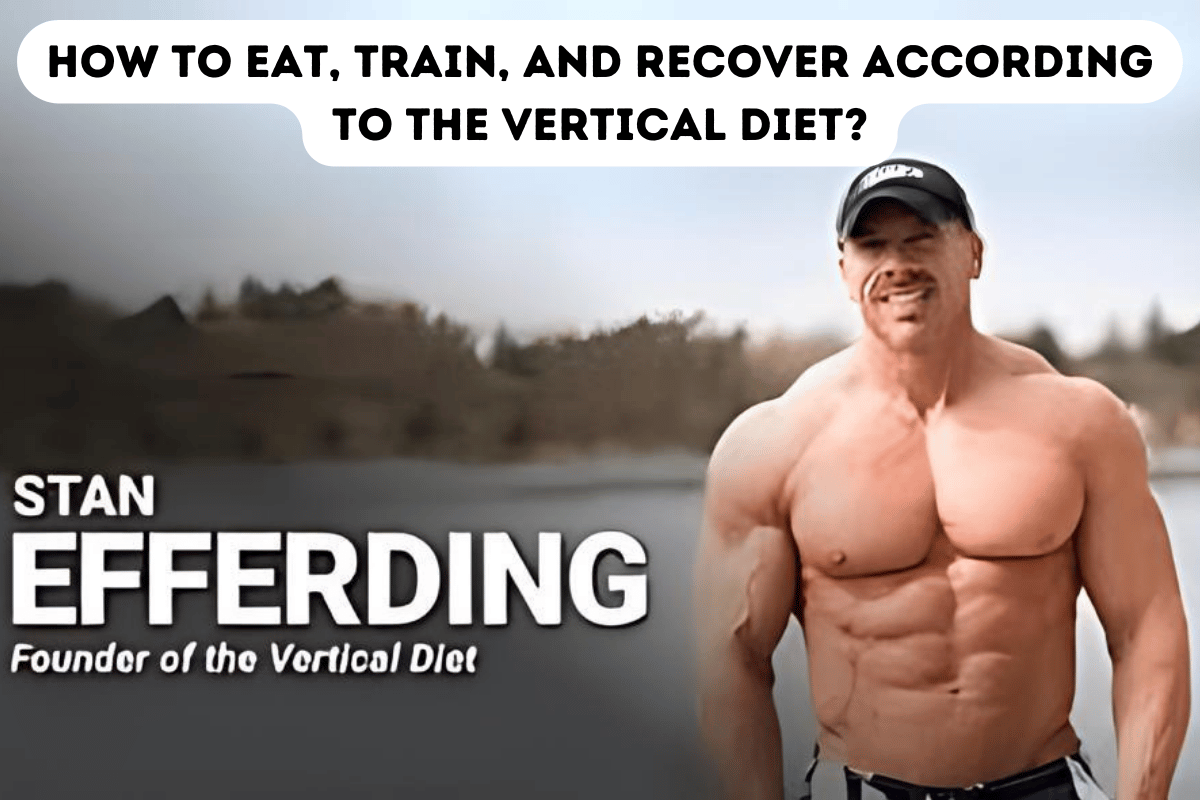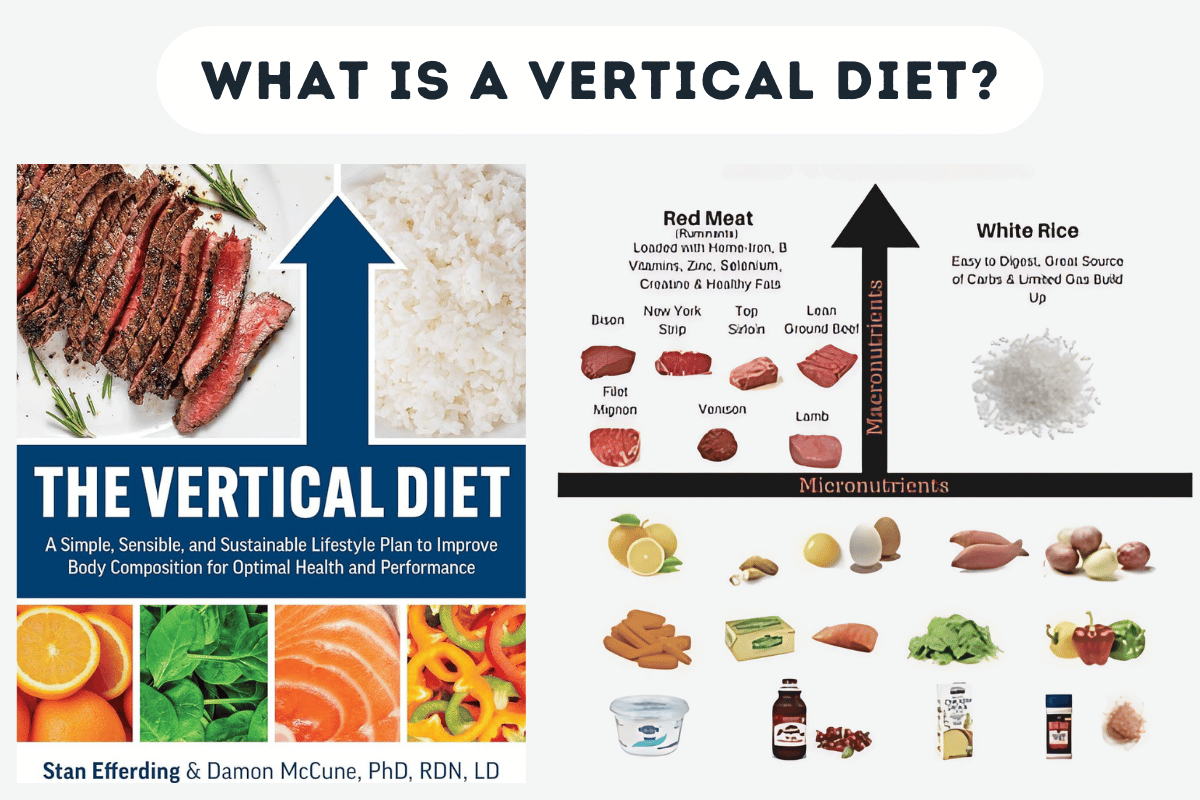Our body needs six essential nutrients: protein, fats, carbohydrates (including fibre), vitamins, minerals, and water. Water makes up between 50 and 75 per cent of our body weight. We can live for days or even weeks without food, but without water, we would not be able to last more than a day. Water in our bodies is like the oil for a car. Fuel, like food, provides energy, while water is like oil in the body, that helps everything to…
In part 1 of this article, I explained the main supplements for muscle mass and strength, endurance, and recovery. The second part will discuss supplements for weight loss and general health. We will discuss such supplements as Ephedrine fat burners, L-carnitine, Multivitamins, Vitamin D, mega-3 fatty acids, Probiotics, and simply the benefits of the calorie reduction diet and exercise. Also, at the end of this article, I will give you a general overview of supplements with strong and poor evidence of…
Vitamins and minerals are micronutrients required in small quantities in the body compared to macronutrients and are essential for many different functions. In the article: "All you need to know about Vitamins", we discussed why vitamins are crucial and how much you should get with your diet. In this article, we're going to take a closer look at the numerous and varied functions of minerals in the body. Minerals form components of co-enzymes, hormones, and vitamins. They are involved in…
In this article, we will look closer at water-soluble and fat-soluble vitamins that we need in varying quantities daily from different food sources. We will start our discussion with the fat-soluble vitamins (Vitamin A, D, E, K), and then we will move to water-soluble (Vitamin C, B group). I will try to give a more detailed explanation of each vitamin and the amount we need every day. So, fat-soluble vitamins are A, D, E and K, and they are found…
In this article, I would like to discuss the importance of vitamins and minerals in our diet. Vitamins and minerals are micronutrients required in small quantities in the body compared to macronutrients and are essential for several different functions. Many metabolic pathways could fail to function correctly without sufficient vitamins, causing ill health and even death. Minerals form components of co-enzymes, hormones, and vitamins. They are involved in tissue-building, forming part of both the hard and soft structures of all…
When we speak about how food is essential for our health and performance, we think about calories, how much protein and carbs you need in your diet and whether you are getting enough micronutrients (vitamins and minerals). But we are not always thinking about our digestion. Optimizing digestion is very critical for our health and performance. Compromised digestion can cause gas, bloating, diarrhoea, and constipation, impairing the breakdown and absorption of nutrients. All these problems are not nice and will…
Vertical Diet is a performance-based diet explicitly designed for athletes who want to lose weight, build muscles, or improve performance. It is unique because it includes both diet, training and recovery protocols. You can’t lose weight or gain muscles just with diet; you need to exercise (to burn calories or gain muscles) and you need to recover properly to be ready for the next training sessions. You can find all these things in a Vertical Diet in one system. And…
The Vertical diet is a performance-based diet designed specifically for athletes. It was developed by a professional bodybuilder and powerlifter Stan Efferding to help sport people reach their goals in muscle gains and weight loss. A vertical diet is called Vertical because it looks like an upside-down T. Underneath, at the bottom you have products that provide you with critical micronutrients (vitamins and minerals). At the top are two foods: red meat and white rice, which should provide you with…

